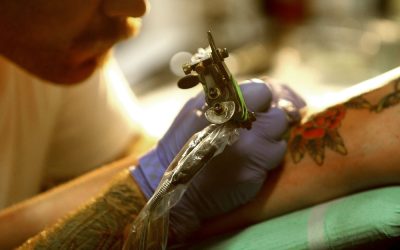Content
100% virtual care for addiction, from the privacy of home. RECOVERY means never hurting those we love, and love us, by using or drinking. Recovery means sober house my children can sleep at night not worrying about mama. Recovery is sought and experienced as attractive and productive because it is life or death.
Having a family member with a drug or alcohol abuse problem also increases the likelihood of addiction. Plenty of people develop an addiction by taking drugs prescribed by a doctor to treat a medical condition. Over time, prescription drugs change the way a person’s brain functions. They might continue taking the pills to feel “normal” and be able to get through the day. Before they know it, an addiction has formed; the person may begin craving higher dosages of the prescribed substance. For many people, a substance addiction was an intruder that encroached onto every aspect of their lives.
FACTORS WHICH SUPPORTS RECOVERY
Some women choose abusive partners in early recovery because they lack discernment or grew accustomed to being treated poorly in childhood. The dissatisfaction they feel in their relationships is often the stressor that led to their drug abuse in the first place. The medical model is rooted in using treatments that are based on empirical research. The recovery model offers the personal empowerment and peer support that people need to cope with their illness and work toward getting better. A number of programs, including the Wellness Recovery Action Plan and the NAMI Family-to-Family program, incorporate both models and have research to back their effectiveness. By 2003, individuals who had been advocating for recovery-based care found their work paying off.

In general, it is used to talk about the period after you begin treatment for addiction. It signifies an attempt to move past addiction and into the next phase. Fast Facts provides 10 of the most important scientifically-grounded facts about recovery. Expand each fact to learn more about the supporting research.
The Hard Truth About Recovering From Addiction
The recovery model of mental illness is often contrasted against what is known as the medical model. The medical model posits that mental disorders have physiological causes, so the focus is often on the use of medications for treatment. The hallmark principle of the recovery model of mental health is the belief that people can recover from mental illness to lead full, satisfying lives. Until the mid-1970s, many practitioners believed that patients with mental health conditions were doomed to live with their illness forever and would not be able to contribute to society. Luckily, today’s rehabs are equipped to help people address all types of root causes of their substance abuse.
The meaning of ‘recovery’ continues to vary depending on who you ask. Among people who experience it first hand, recovery is a second chance at a new life, a process toward overall wellness where the quality of life satisfaction increases as stress decreases. It is about learning how to live and applying principles in your life instead of the defects of character some https://goodmenproject.com/everyday-life-2/top-5-tips-to-consider-when-choosing-a-sober-house-for-living/ held on to for so long to self-protect and survive. Severing ties with people who have been part of your active addiction can leave a void in your life that needs to be filled with healthier people. When you surround yourself with other recovering people who truly understand what you’re going through, you give yourself the best chance of healthy long-term sobriety.
